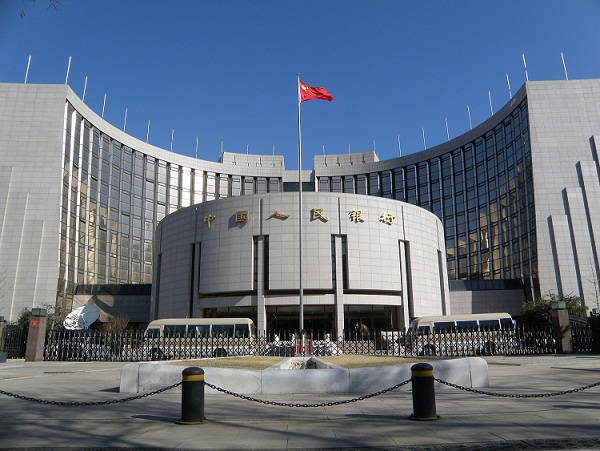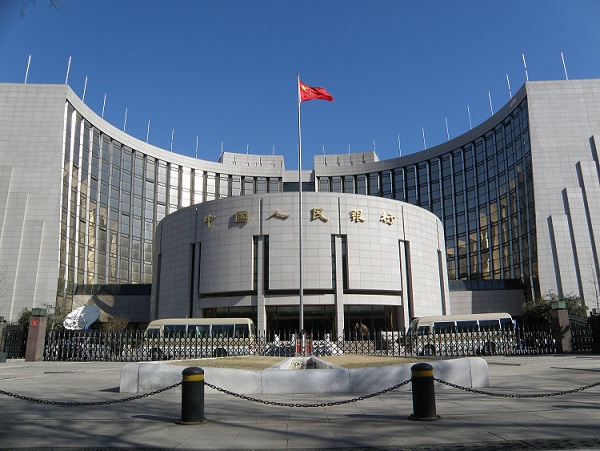
BEIJING, Jan. 20 (Xinhua) -- China's loan prime rates (LPR), the market-based benchmark lending rates, will timely factor in changes of market rates and serve to guide down corporate borrowing costs, said Sun Guofeng, head of the Monetary Policy Department of the People's Bank of China, the country's central bank, on a press conference earlier this week.
On Thursday, 1-year LPR came down 10 basis points (bp) from the previous month to 3.7 percent and 5-year LPR was cut to 4.6 percent from 4.65 percent in December 2021 when the indicator had maintained unchanged for 20 months since April 2020. On the 20th day of every month, China's National Interbank Funding Center, an important financial infrastructure directly affiliated to the PBOC, publicizes on its website the latest LPRs.
After the Chinese central bank cut on Monday interest rates of 1-year mid-term lending facility (MLF) loans and 7-day reverse repos both by 10 bps, money market rates and bond market yields have declined correspondingly and LPR quoting banks also took into consideration their own capital costs, risk premium and market demand and supply as well in quoting.
But in general, developed economies' recent monetary policy adjustments are expected to have limited influences to China, noted Sun.
Recently, major developed economies around the world began to adjust their monetary policies and market players also bore relatively strong expectations over the U.S. Fed's interest rate rise and balance sheet shrinkage.
However, China's economy manifested its advantages of large size and great resilience and instead of mass liquidity supply, China adhered to normal monetary policies and cross-cycle policy design to keep liquidity reasonably fluid since the outbreak of the COVID-19.
Under such circumstances, financial sector exerted solid supports to the real economy with enhanced independence and stability and steady expectations for the exchange rate of Chinese yuan, all of which are helpful to alleviate and combat external risks, according to Sun.
In future, the Chinese central bank vowed to balance on basis of domestic economic situations the intensity and pace of its prudent monetary policy and strengthen the flexibility of the exchange rate of Chinese yuan.
It would also enhance macro-prudential management over cross-border capital flows and expectation guidance to keep the basic stability of yuan's exchange rate and actively and prudently handle the influences brought by monetary policy changes in developed economies. (Edited by Duan Jing with Xinhua Silk Road, duanjing@xinhua.org)




 A single purchase
A single purchase









